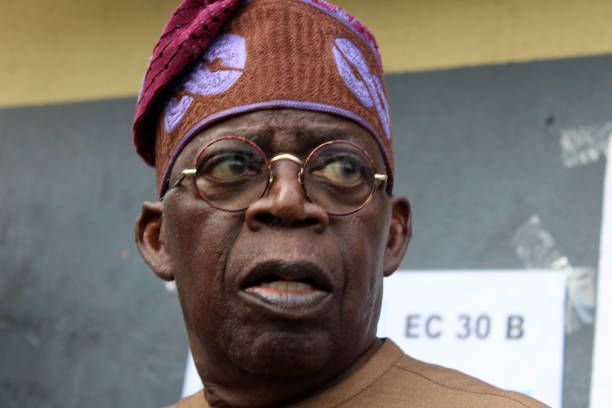A recent International Monetary Fund (IMF) report has painted a grim picture of Nigeria’s economic reform progress, suggesting that the policies introduced 18 months ago by the current administration have yet to yield tangible benefits.
The report, which assesses Sub-Saharan Africa’s economic outlook, highlighted that while some countries, including Côte d’Ivoire and Ghana, are experiencing positive outcomes, Nigeria remains among those struggling to meet reform targets.
IMF Deputy Director Catherine Patillo, presenting the report at Lagos Business School, stated, “More than two-thirds of countries have undertaken fiscal consolidation… with notable improvements in Côte d’Ivoire, Ghana, and Zambia.”
Nigeria, however, was conspicuously absent from the list of success stories.
Key Economic Indicators
The report revealed that Nigeria’s projected economic growth rate of 3.19% for 2024 falls below the regional average of 3.6%.
Inflation in Nigeria remains stubbornly high at 33.8%, far exceeding the 21% target for the year.
The IMF also flagged Nigeria’s mounting debt burden, noting that “interest payments exceed 20% of revenues,” a situation exacerbating fiscal stress.
Additionally, the local currency’s depreciation and exchange rate instability remain major challenges, setting Nigeria apart from other countries that have seen improvements in these areas.
Social and Political Resistance
The report identified social and political resistance as significant barriers to Nigeria’s economic adjustments.
It stated, “Political and social pressures are making it increasingly challenging to implement policy adjustments and reforms.”
While reforms in other nations have boosted growth and stability, Nigeria’s policies face criticism for their perceived lack of immediate impact on the populace.
Stakeholders in the agricultural sector, for instance, have described the government’s policies as aspirational rather than actionable.
Stakeholder Reactions
The National President of the All Farmers Association of Nigeria, Ibrahim Kabir, acknowledged that while the reforms are necessary, their slow implementation is limiting their effectiveness.
“The agricultural deliverables are usually slow in manifestation, so we have to persevere,” he said.
Similarly, ActionAid Nigeria’s Country Director, Andrew Mamedu, highlighted that despite the government’s emergency declaration on food production, Nigeria remains one of the most food-insecure nations globally.
He urged a more people-centred approach to reforms, focusing on smallholder farmers and rural development.
Path Forward
Experts have recommended that the Nigerian government prioritise the efficient implementation of existing policies, such as the National Agricultural Technology and Innovation Policy (NATIP), and adopt best practices from other nations to stimulate growth and enhance food security.
While the IMF report underscores the challenges facing Nigeria, it also emphasises the potential for progress through transparent governance and inclusive reform strategies.
However, achieving these goals will require overcoming significant structural and socio-political hurdles.



